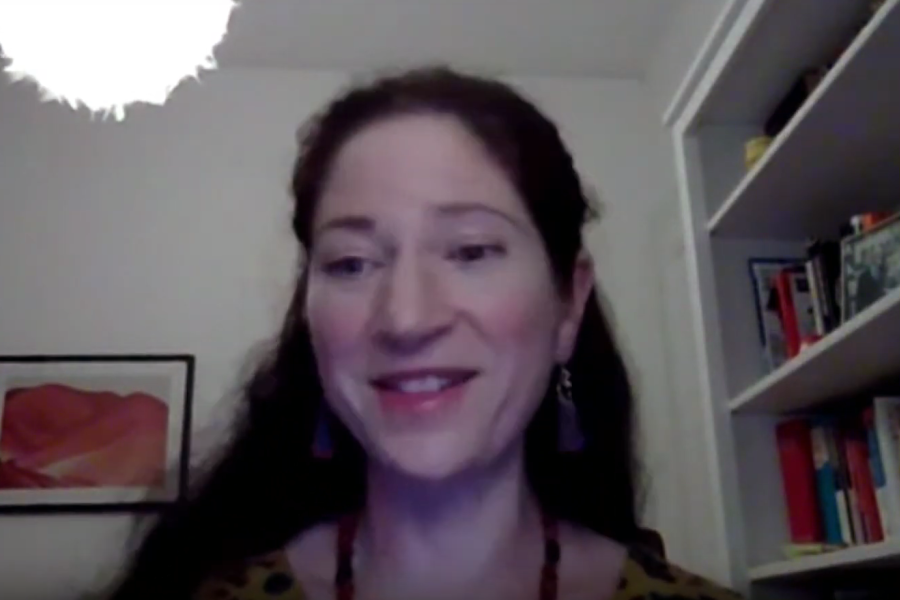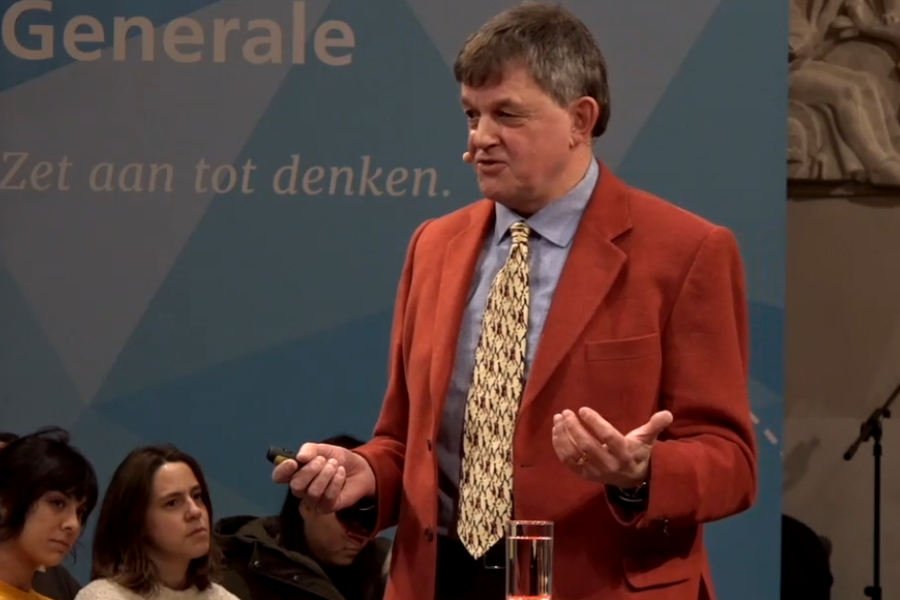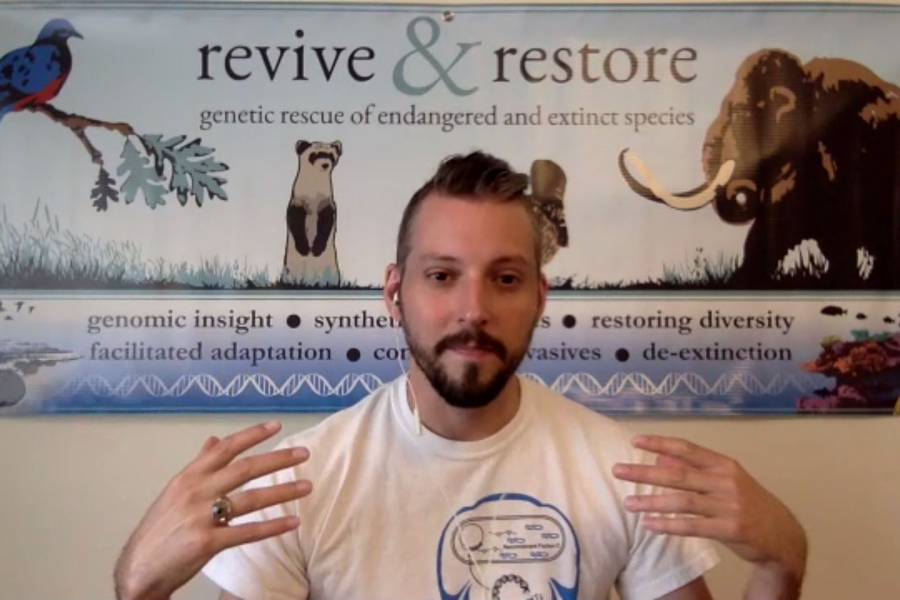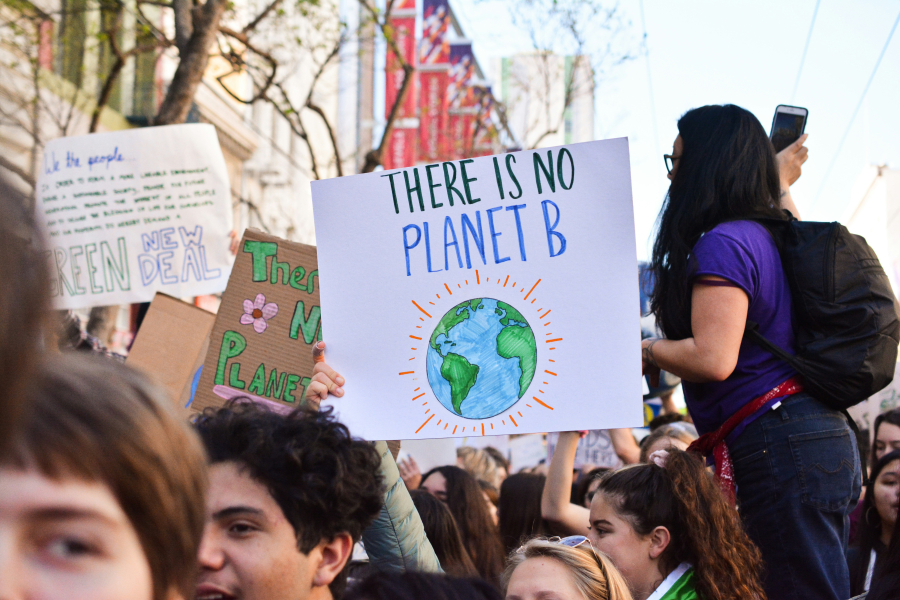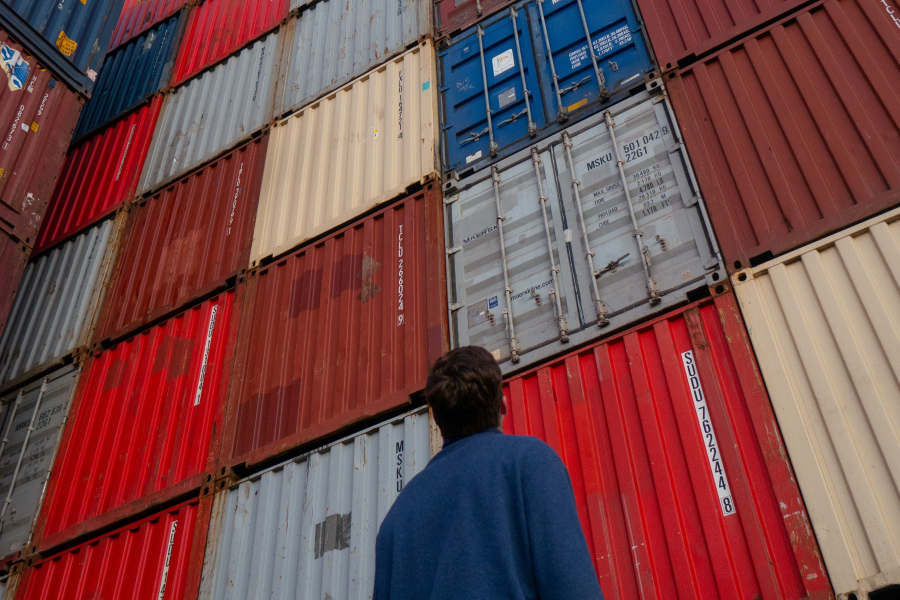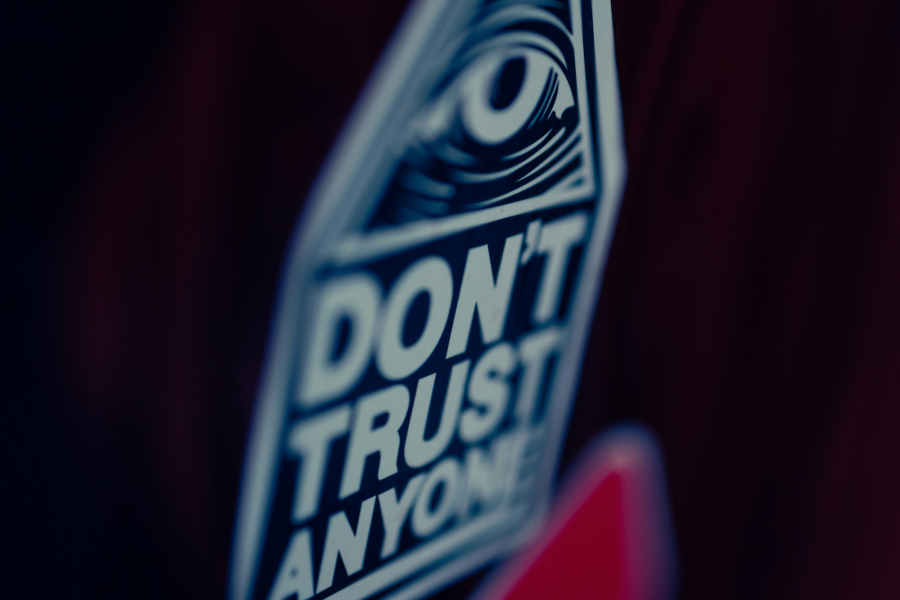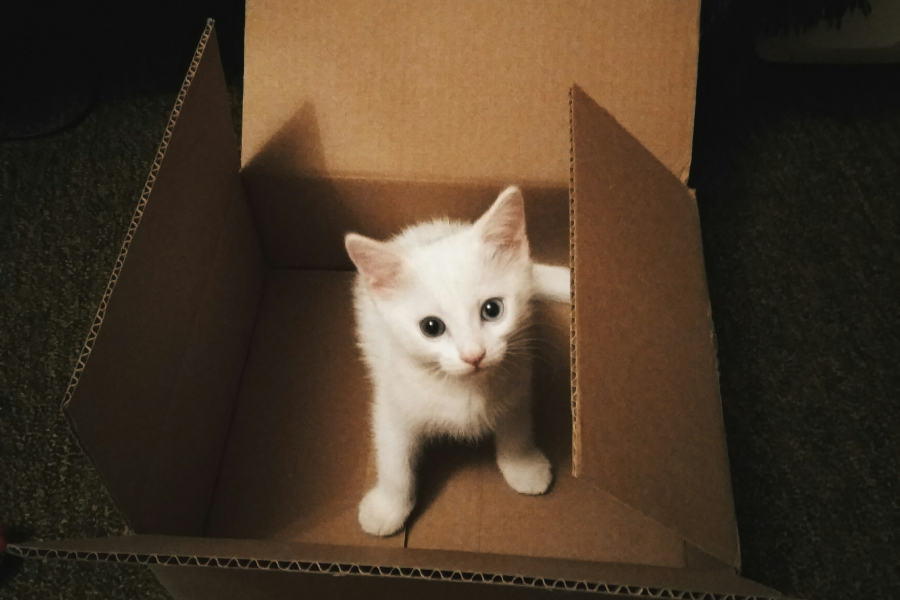Why car culture is ruining our planet and what we can do about it
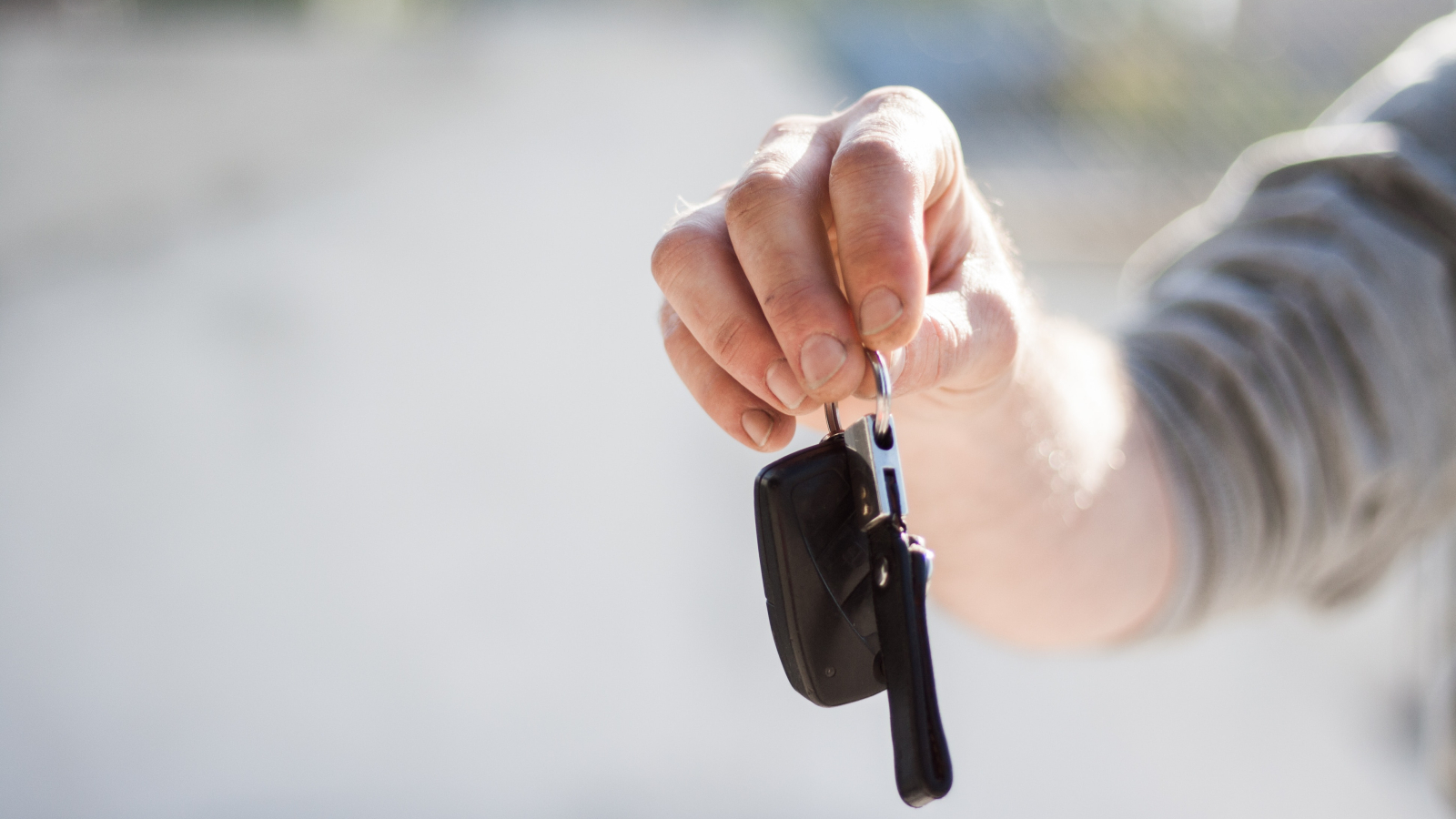
"I'm worried. Should I even get my driver's license?" One of the viewers of prof. Julia Steinberger's lecture is seriously confused. Steinberger, an ecological economist, really knows how to convey her reseach on the politics and economy of the unsustainable car industry. She addresses some big questions. How did we get so addicted to cars? Is there a chance for rehabilitation? And then there are the personal questions and dilemmas that follow after discussing systemical problems. Should you consider not getting a driver's license, if you care about the environment and a greener future?
A culture of cars
In search for answers, we need to gauge our current situation. Look out your window. Chances are, you'll see a few cars. Maybe one of them is yours. If you don't see any cars, then you are probably looking at a road built with an automobile in mind. If you're unfortunate, like me, you'll see about 60 cars, none of them yours, parked side-to-side on top of a grey concrete block. If you see no cars, no road and no concrete: congratulations, you're the lucky one!
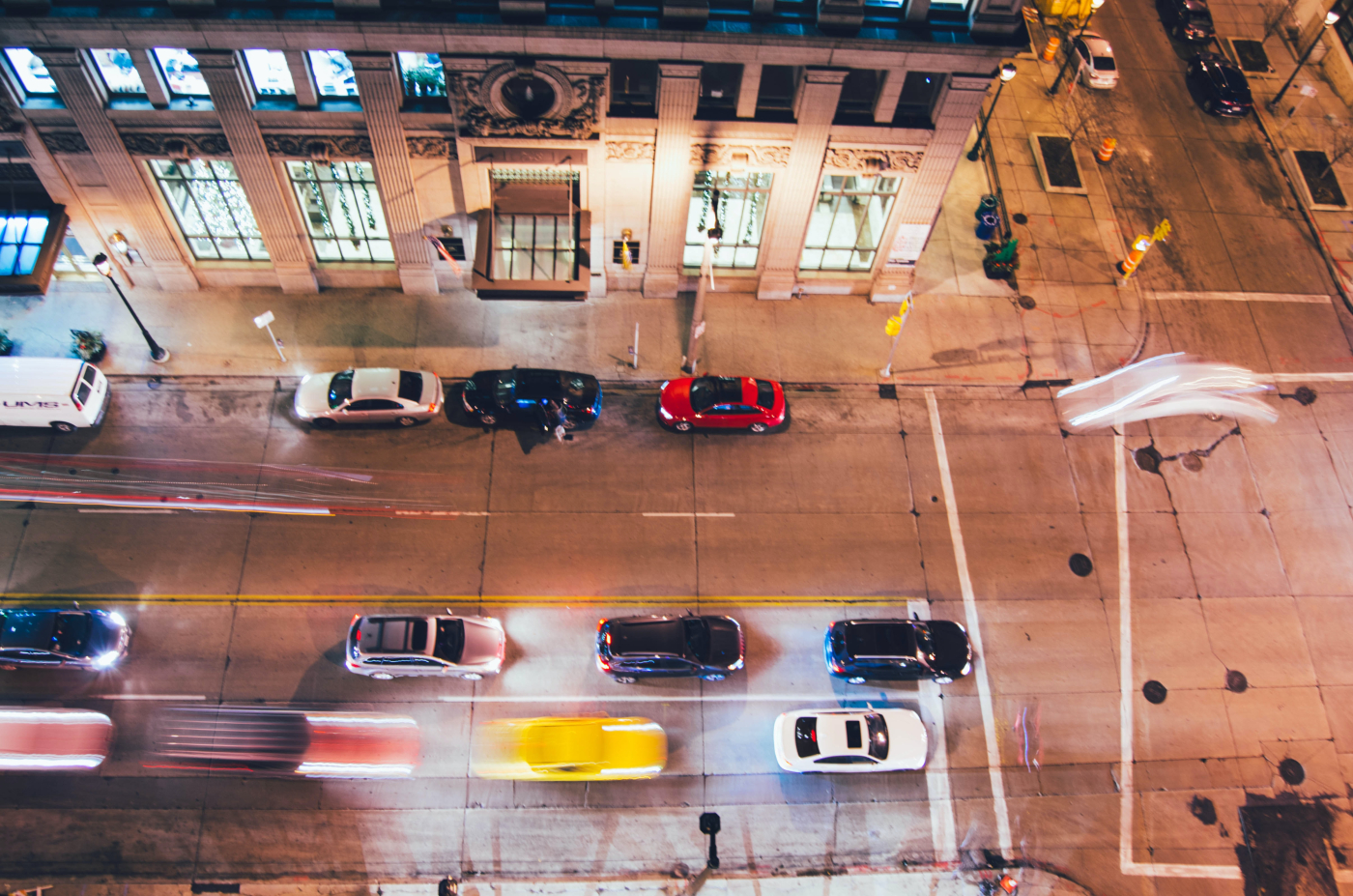
Why do so many people own a car? Not merely for practical reasons, Steinberger tells us. Look at car commercials, where you see cars roaming mountain highways. The lure of the long and windy roads is strong: they promise freedom and adventure. Or you see a car skirting through busy city streets, music playing loudly – a promise of comfort and privacy wherever you go. Nowadays, car companies are selling you a safe haven, their product is a place where the outside world cannot touch you. This collection of emotions and meanings we ascribe to cars is one of the reasons we keep buying them. And in one big way, it's killing us.
No more cars, please
Steinberger is, among other things, the lead author of the most recent climate report by the Intergovernmental Panel on Climate Change – the climate panel of the United Nations. The report summarises all conclusions from global climate research efforts, and presents an image of the current state of the world and its prospects. The prospects, sadly, are dire. Steinberger doesn't call it 'climate change', she calls it the 'cataclysmic climate catastrophe'. We're currently at 1.2 degrees temperature rise, science tells us, and heading towards a temperature rise between 2 and 3 °C. At 2 degrees rise, deadly heatwaves may impact one in three people, one in five insect species will halve their population, and almost all coral reefs will be dead. "This," Steinberger says, "is a very scary slide."
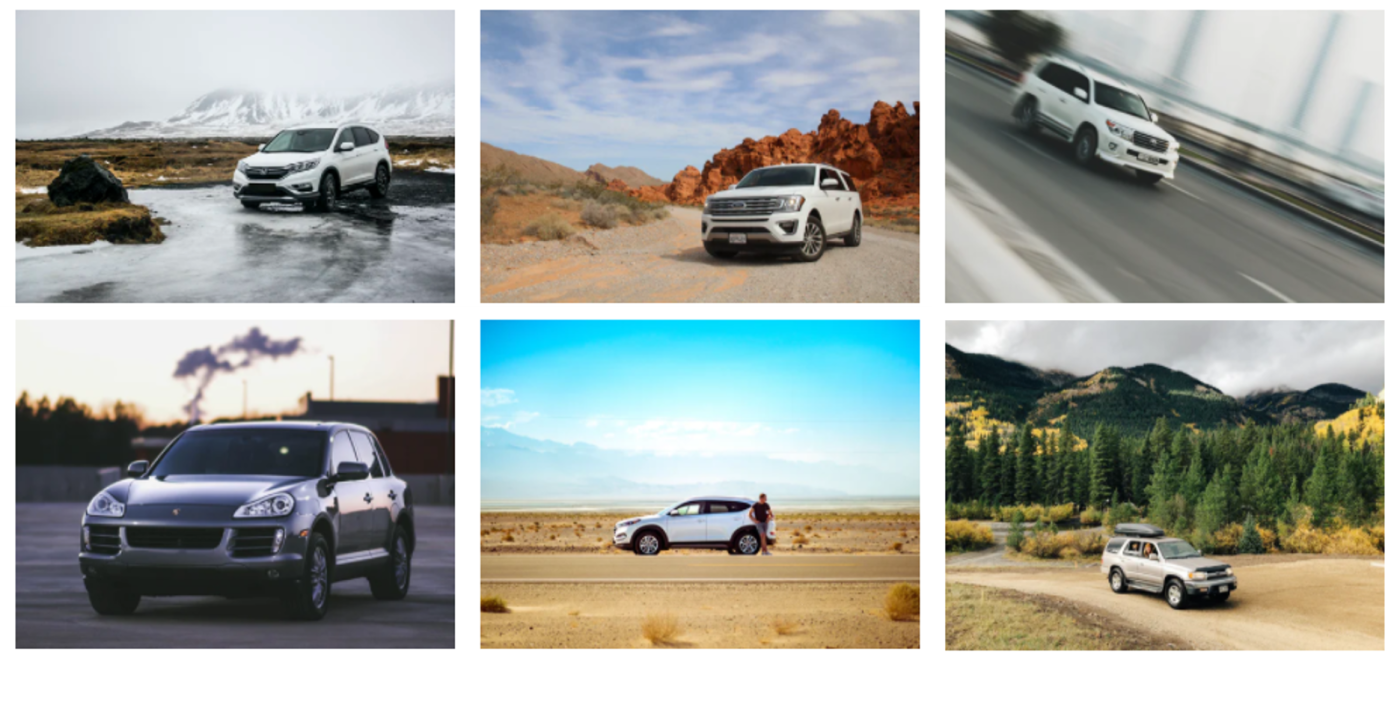
Transport vehicles emit carbon dioxide, therefore they are partly responsible for this temperature rise. And though many cars have become cleaner, emission from sports utility vehicles (SUVs) has increased between 2010 and 2018. And that increase is five times higher than the emission decrease from all other private cars. Expensive carbon-emitting SUVs are horriby polluting. Guess what I see when I look outside? That's right, 20 out of 60 cars on the parking block, are an SUV. "And it's a car nobody truly needs!" Steinberger stresses.
How many cars does humanity need?
The fact that we keep buying SUVs is a persistent aspect of our car culture - the emotions and meanings we ascribe to cars. Steinberger is one of the initiators of the Living Well Within Limits-project. In this research project, scientists investigate how much stuff our society truly needs and how much is actually a luxury. In one of the studies in this project, they focused on car dependency. They found that together with the politics of car industry, car infrastructure, car land use (i.e. that parking block I keep on talking about) and a neglect of public transport, it is our car culture that influences our persistent addiction to them.
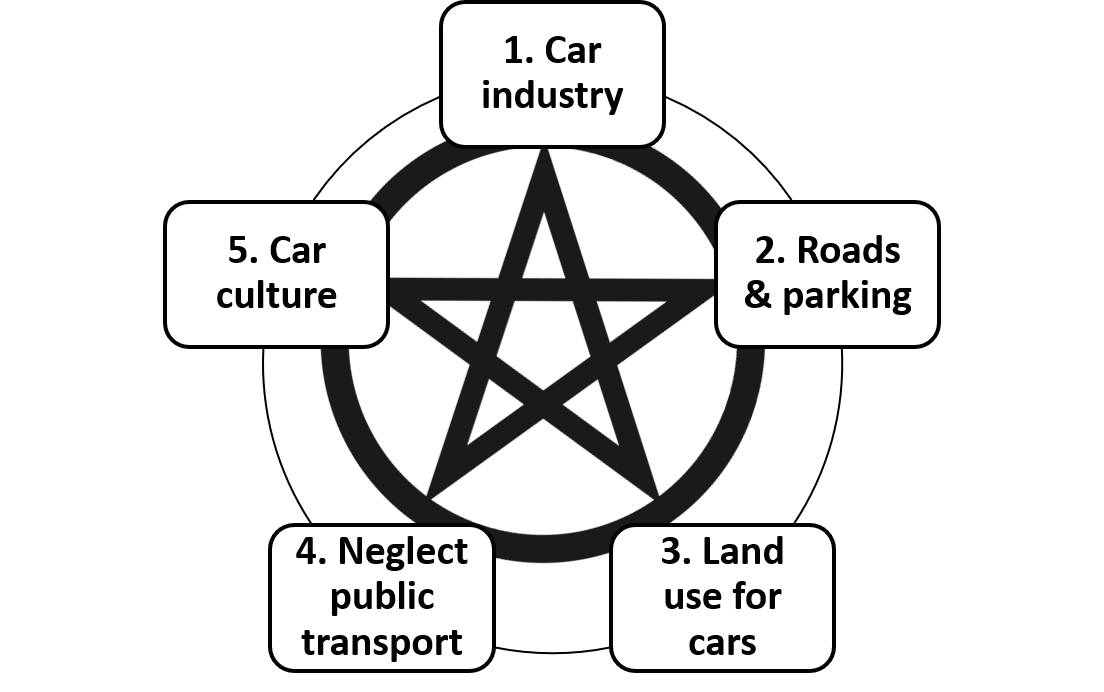
Steinberger demonstrates how political and economic powers stimulate car industry and infrastructure. And they stimulate car culture too. The words we associate cars with, like 'freedom' and 'adventure' and 'privacy' and even 'safe', are an acquired love, not a natural one. Like tobacco commercials linking cigarettes with machismo and artsy rebellion, these ideas prolong our car addiction. But this problem is also partially the solution. A single person may not keep their state from supporting car industries, or block the construction of a new highway. But you can wake up from the car dream.
So should I get that drivers license?
After all of this info, aspiring to be environmentally friendly and driving a car seem to be incompatible. But the fact that people question getting their license means we're taking steps away from our car culture. It's no longer the right or logical thing to do. Steinberger, environmentally friendly and an activist at heart, is also mild. Should you get the license? It depends on your financial situation, it depends on your location, what you would need the car for et cetera. And finally, if you do get a driver's license, and if you do get a car, please don't buy an SUV.

